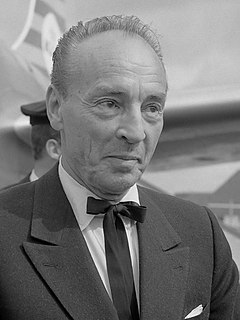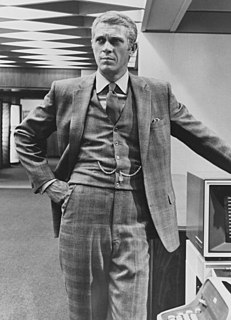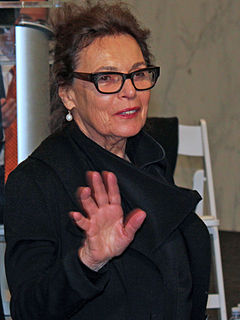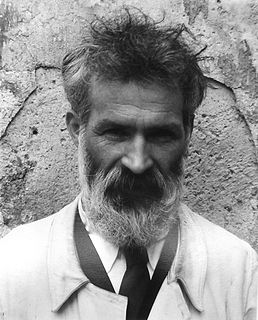A Quote by Henry Moore
Art is a continuous activity with no separation between past and present.
Quote Topics
Related Quotes
Sometimes we forget that if we do not encourage new work now, we will lose all touch with the work of the past we claim to love. If art is not living in a continuous present, it is living in a museum, only those working now can complete the circuit between the past, present and future energies we call art.
art is the most general condition of the Past in the present. ... Perhaps no work of art is art. It can only become art, when it is part of the past. In this normative sense, a 'contemporary' work of art would be a contradiction - except so far as we can, in the present, assimilate the present to the past.
For contemplation is both the highest form of activity (since the intellect is the highest thing in us, and the objects that it apprehends are the highest things that can be known), and also it is the most continuous, because we are more capable of continuous contemplation than we are of any practical activity.
But there was no hiding from Conscience. Not in new homes and new cars. In travel. In meditation or frantic activity. In children, in good works. On tiptoes or bended knee. In a big career. Or a small cabin. It would find you. The past always did. Which was why... it was vital to be aware of actions in the present. Because the present became the past, and the past grew. And got up, and followed you. And found you... Who wouldn't be afraid of this?
Originally the structure was . . . a modern narrator who would appear intermittently and talk about his memories of his grandmother, which would then be juxtaposed against scenes from the past. But the stories from the past were always more interesting that the things in the present. I find this almost endemic to modern plays that veer between past and present. . . . So as we've gone on developing GOLDEN CHILD, the scenes from the past have become more dominant, and all that remains of the present are these two little bookends that frame the action.
And it is clear to Evan, now: the difference between what is and what has been done; the present and the past. He sees that what he does and who he is isn't based on the past unless he wants it to be... No. That is the past, which has been seen differently through many different eyes and has become hazy and unclear, like a pond when stirred with a stick. Only the present moment is clear and free from prejudice.







































